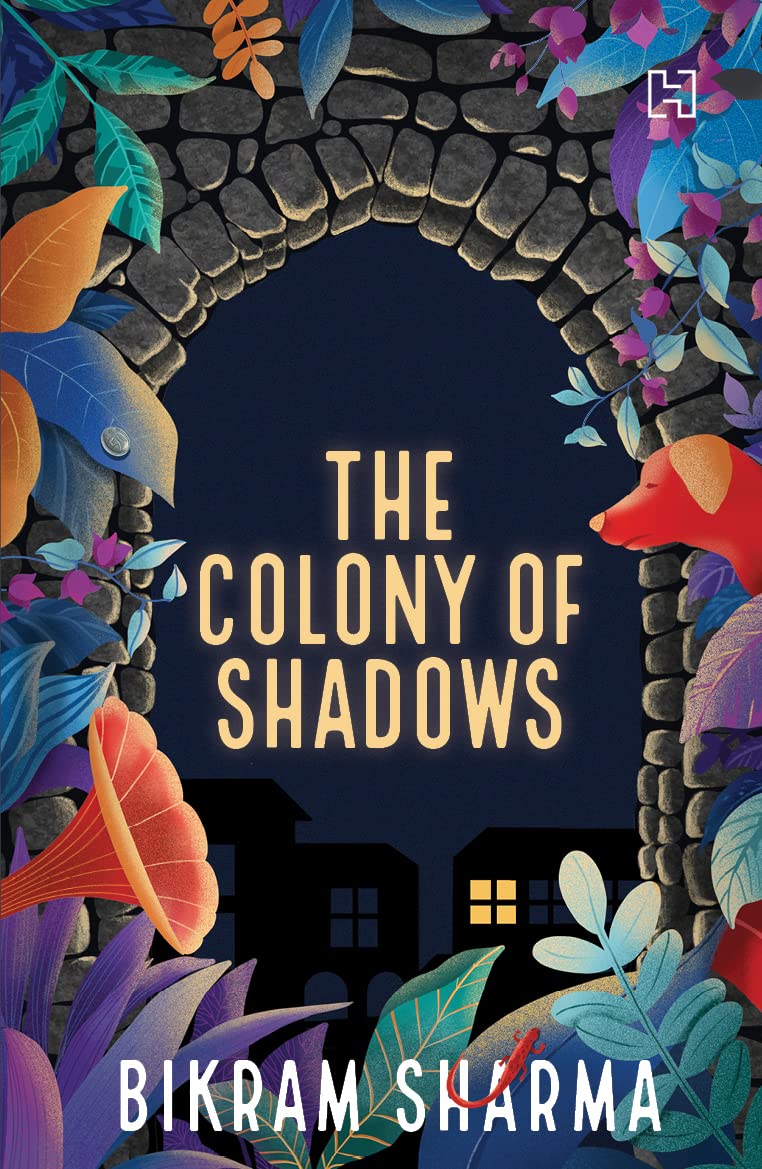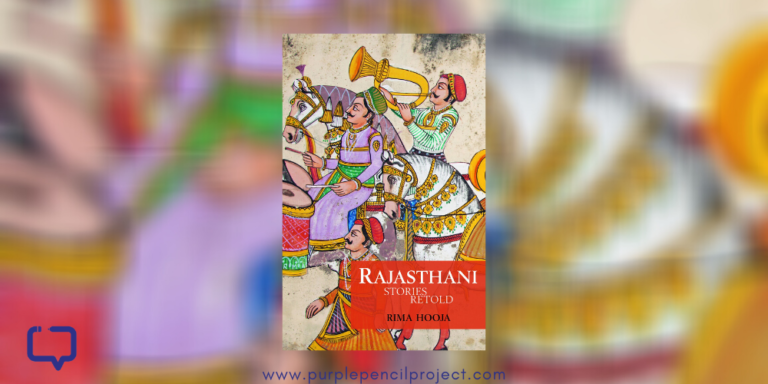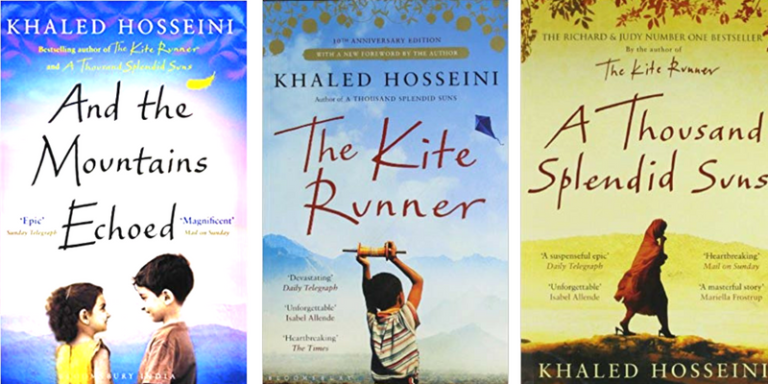Rahul Vishnoi reviews Bikram Sharma’s The Colony of Shadows (Hachette India, 2022)
Waddled in the garb of restrained, urban fantasy-fiction, the debut work of Bikram Sharma, The Colony of Shadows, longlisted for the prestigious JCB award, asks a question not many of us would like to know the answer- How grief affects a child. Are kids capable of feeling the heartbreak that comes from the violent, abrupt loss of parents? There is no loss greater in the world than the loss of a child. But how traumatic is the loss of parents? The caregiver and the foundation of any little person in the world. How do you cope with that?
Varun, a nine-year-old, has lost his parents in a horrendous car crash. Now taken care of by his visually challenged aunt Jyoti, he has been shifted from Delhi to Bangalore. While playing outside in the back garden of the home, he comes across a mysterious wall. He crosses it through a wall and enters a world that is strangely like a shadowy version of his home in Munirka, Delhi.
He explores it until something sinister whispers in his year, jolting him out of his reverie. He runs back to the safety of the wall and finds his grandmother’s dog Poppy who had followed him with a motherly instinct to save him. But the next day, ignoring the horrific mutterings in his ear, Varun wants to go back to the colony of shadows and explore further.
We encourage you to buy books from a local bookstore. If that is not possible, please use the links on the page and support us. Thank you.
Bikram Sharma’s Writing and Storytelling
The narration of The Colony of Shadows by Bikram Sharma (TCOS) splits four ways amongst Varun, Aunt Jyoti, his grandmother, and their adopted senior dog Poppy.
Varun is sensitive and empathetic. He is apologetic even when he accidentally rubs off some bark of a tree while climbing on it. Even though kids his age lack emotional maturity with which comes empathy, this can be discounted as creative liberty that adds to the story. Like kids his age, Varun plays games and converts anything into a plaything, including a fifty-piece coin and a stick. At the point he’s portrayed in the novel, he seems to be in the last stages of grief, teetering between reconstruction and acceptance. ‘The world exists outside of your grief,’ he’s told. ‘Letting go is not the end.’
The Characters
It’s tricky to write a child character. Neither too childish or unable to bear the narrative design nor too adult-like so as to lose the innocence that peaks in this age. Varun is slightly Benjamin Button-esque, an adult who has gone back in age to retain his emotional maturity but has the body of a kid.
Jyoti is the voice of reason. Saddled with the responsibility of a nine-year-old kid, she has to fight with the grief of losing a sister; take care of a child raw out of parental loss; and encourage her mother to get out of bed while tolerating her usual jibes about a hundred things she’s doing wrong, and all this she’s to do along with finishing the chores she’s supposed to finish. A mountain heaped up on her plate. Bikram has written her sensibly and with sensitivity. When Varun comes into her home after the horrible tragedy, she keeps asking him to unpack his stuff.
‘It would help, she imagined, to have his clothes fill the wardrobe, his drawings hang from the walls, and his toys litter the floor.’
The Colony of Shadows by Bikram Sharma
Blind but never incapable of taking care of herself, she doesn’t appreciate others’ help if it comes unasked and uninvited. ‘The generosity of strangers often made her feel like a goat being led to a butcher’s chopping block.’ She brings out the societal apathy towards the visually challenged, the inefficacy of the government offices to fast-track their work, and the general indifference of the people bordering on rudeness, often limited to occasional spurts of unwanted pity.
Recommended Reads: Janice Pariat: A Brave Journey Across the Ocean of Time
Poppy is written in the same vein as Varun. Fierce loyalty is to her what empathy is to Varun. Bikram Sharma could have tweaked the storytelling in this portion a bit to introduce some humour. He, however, has chosen to highlight the cruelty meted out to the dogs living on the road and sleeping under the stars. ‘Though she barked at stray dogs nosing at the gate, she meant them no ill will. She knew the trials they went through and could see the terror etched into their faces. Sometimes all she wanted was to lick clean their paws and offer them refuge.’
Varun’s maternal grandmother, a little too overbearing on her blind daughter, has confined herself to her bedroom to cope with the grief of a child’s passing. She lets out periodic little outbursts about a house that’s crumbling to dust, about her blind daughter’s job, about the lawyer appointments she now has to attend because of the abrupt loss of her daughter and son-in-law.

The Narrative and the Language
The Colony of Shadows by Bikram Sharma is a mirror as well as a microscope into a child’s grief-stricken mind. Grief is a presence that works its way through daily happenings in Varun’s new home. It’s a fully-formed thing with limbs and the power to latch on. To keep grief at bay, Poppy doesn’t want anything to happen to Varun. Her family had suffered enough, she realizes. ‘With the boy lost, their grief would turn solid, climb upon their shoulders, and wrap its hands around their throats.’
Grief also lies in their crumbling, old home, its leaking taps and cobwebby corners. Grief marks its presence in the unkempt room and dishevelled appearance of the grandmother. Grief is expressed not just by tears but by a hundred little things the characters here do every day just to stay alive.
Keeping the emotions restrained and the characters’ behaviour in check, Bikram Sharma has realistically laid out an urban fantasy laced with grief, memory, and moving on.
Have you read this poignant exploration of childhood grief by Bikram Sharma? What do you think of it? Drop a comment below and let us know!




















